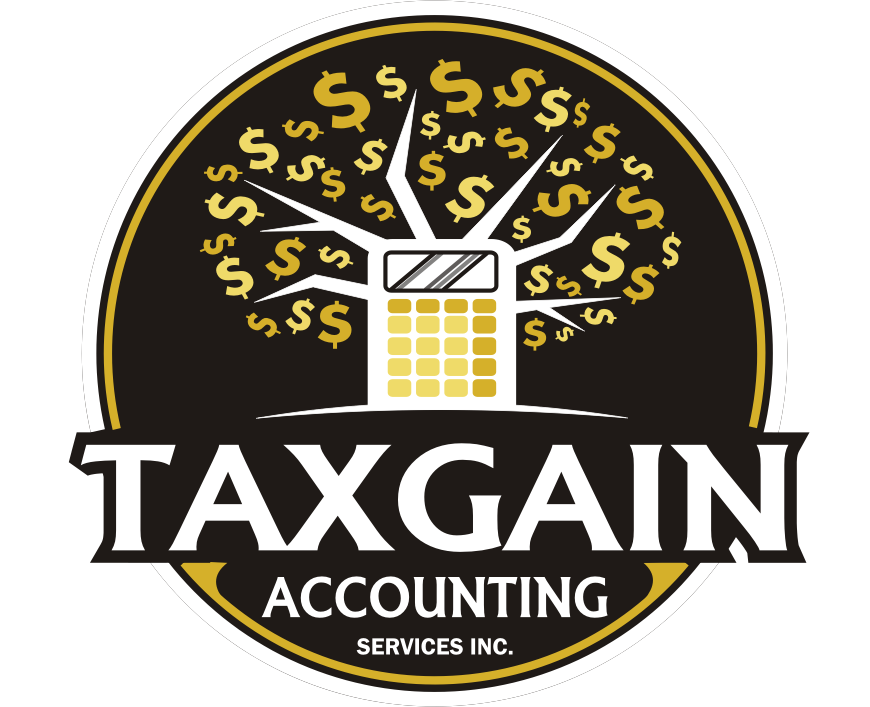
In the past year and a half, remote work has gone from work perk to a working norm. Companies that went remote in response to the pandemic have opted to stay remote or offer it as a hybrid option for some or all their workforce. Going remote offers many obvious advantages to employers, but one of the most important is accessing a wider talent pool. More and more U.S. employers are looking north to Canada to expand their teams or for their hardest to fill roles.
Remote Canadian talent is a great option for US employers but setting up a remote work arrangement in another country can be daunting, especially when it comes to payroll. Understanding Canadian taxes, particularly Canadian payroll taxes which vary from province to province, isn’t easy. Errors in payroll taxes and failure to comply with Canadian employment standards can result in back taxes, fines, and even trigger an audit. That’s why so many U.S. companies work with a Canadian PEO that can take payroll and employment compliance off their hands.
In addition to federal income tax, all Canadian provinces and territories have income tax. In contrast, nine U.S. states, Alaska, Florida, Nevada, New Hampshire, South Dakota, Tennessee, Texas, Washington, and Wyoming, lack a state income tax.
While U.S. employers are familiar with deducting UI, Medicare, and Social Security contributions from employees, as well as making matching contributions, Canada’s system is more complicated. Canadian healthcare is funded by general provincial taxes, transfers from the federal government, and in some provinces a special Employer Health Tax only paid by employers.
While all Canadian residents and employers contribute to EI, in Quebec, this contribution is split between EI and the Quebec Parental Insurance Program (QPIP). Similarly, Quebecers contribute to QPP not CPP.

